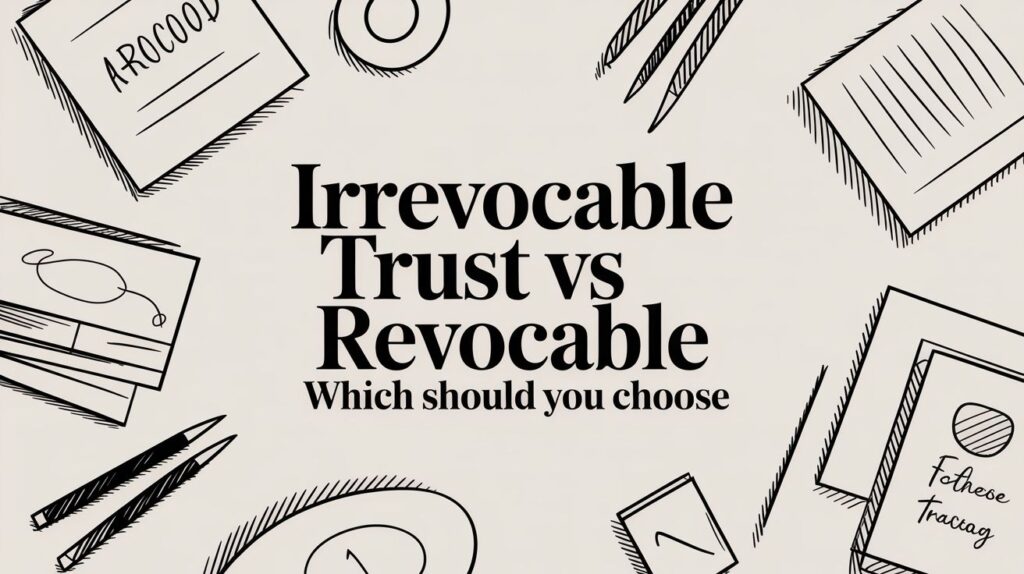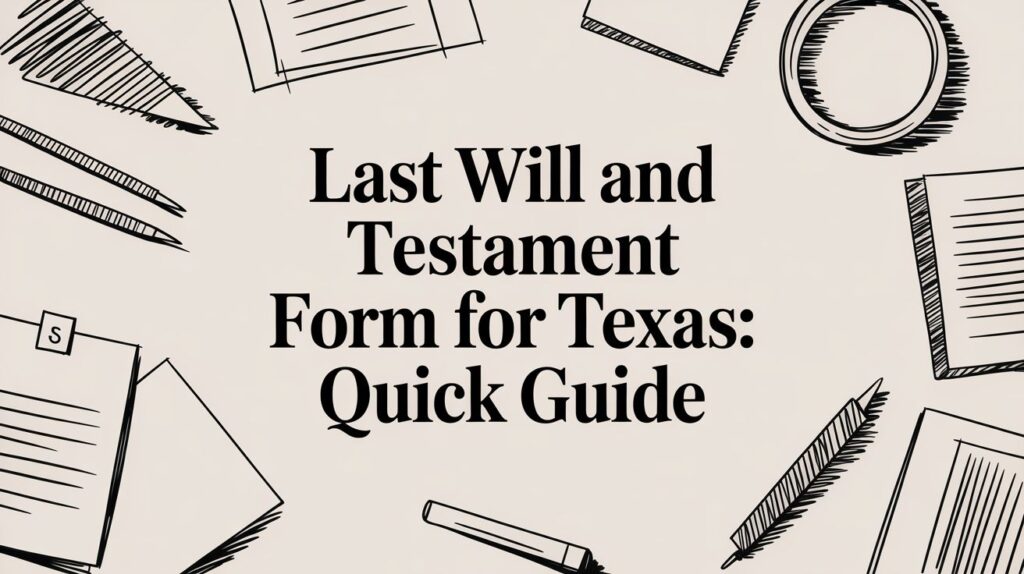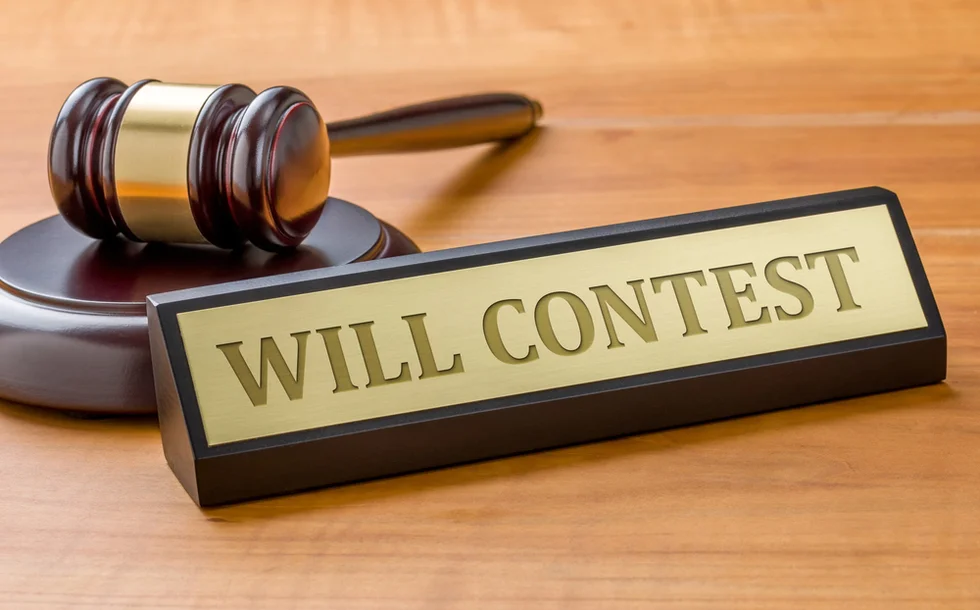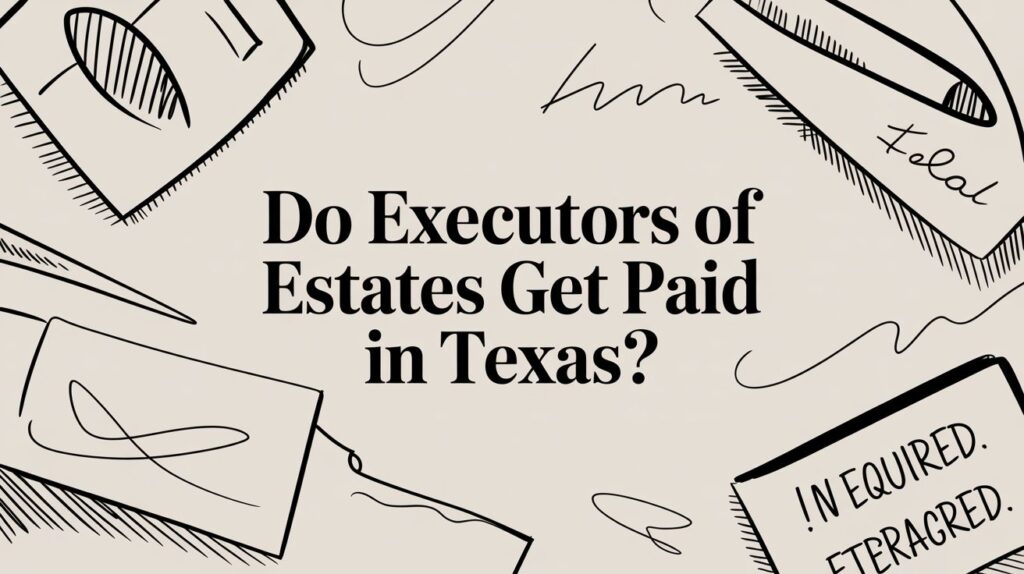Most people don’t think about probate court until they’re forced to—usually during the emotional aftermath of a loved one’s passing. Suddenly, you’re dealing with legal documents, disputes over property, and difficult questions about guardianship. In these moments, understanding the functions of probate court in hearings becomes more than helpful—it becomes crucial. What often starts as paperwork quickly turns into a legal process you didn’t see coming.
This guide breaks down what probate court does, the hearings it holds, and how it handles estates, wills, guardianships, and family disputes. We’ll keep things conversational and relatable, with real examples to guide you through the maze of probate law. No matter how unfamiliar the legal process may seem, knowing the basics can keep you grounded.
Whether you’re an executor, a concerned family member, or simply curious, understanding the functions of probate court in hearings can help you approach the process with clarity and confidence. The more prepared you are, the smoother the journey through probate will be.
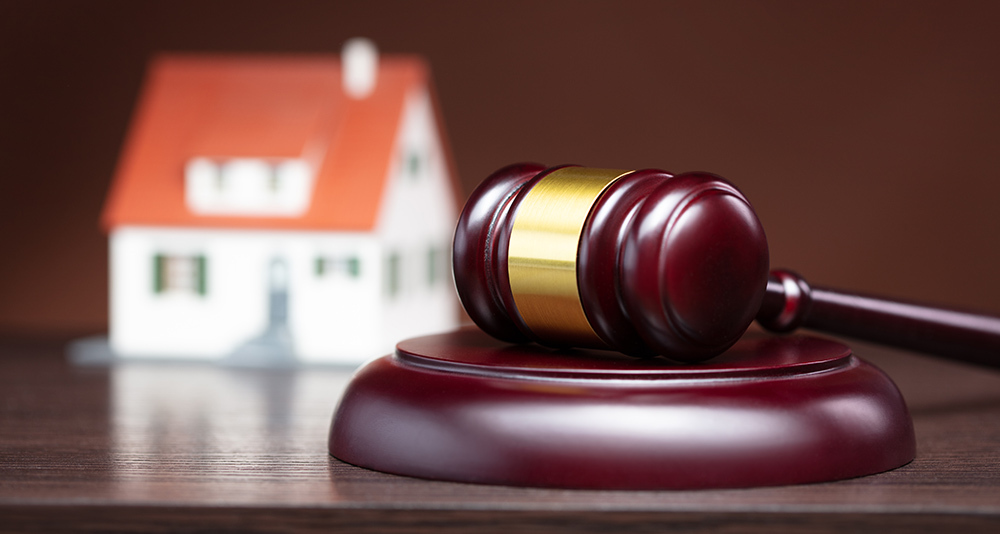
What Is Probate Court?
The Court That Handles Life After Death
Probate court is a specialized court that oversees the legal process following someone’s death. It ensures that the person’s debts are settled and their remaining property is distributed fairly and legally. In essence, probate court takes on the legal burden when someone passes away. It steps in to maintain order at a time when families are navigating grief and uncertainty.
The functions of probate court in hearings go beyond estate matters. They include guardianship appointments, trust disputes, and mental competency rulings. While big states like Texas and California have dedicated probate courts, smaller counties may assign these duties to general courts. Regardless of location, the court’s authority ensures that the deceased’s affairs are handled lawfully.
Regardless of the structure, probate court ensures that legal matters after death are handled with fairness, order, and transparency. Its oversight helps avoid mismanagement, fraud, and conflict during one of life’s most sensitive transitions.
Real-Life Story: Emily and Her Grandfather’s Estate
Emily, a 28-year-old schoolteacher in Dallas, found herself unexpectedly entangled in probate court after her grandfather passed away. He left behind a modest estate and a handwritten will naming her as the primary beneficiary. The problem? Two of Emily’s uncles contested the will, claiming undue influence and lack of mental clarity.
The case went to probate court for a hearing, where a judge had to determine the validity of the will and appoint a temporary administrator in the meantime. Thanks to clear documentation and witness statements, the judge upheld the will, and Emily was officially named the executor.
This experience opened Emily’s eyes to how vital it is to understand the functions of probate court in hearings, especially when emotions are high and family tensions rise.
Validating a Will: The First Role of Probate Court
Determining What’s Legally Binding
One of the primary functions of probate court in hearings is to validate a deceased person’s will. This process is called “proving the will,” and it’s typically the first step when someone files a probate case.
During the hearing, the court reviews:
- Whether the will was properly executed
- If witnesses signed it according to state law
- Whether the testator was of sound mind when they created the document
- If there are any competing or earlier versions of the will

If the will is deemed valid, the court will “admit it to probate,” which is legal speak for accepting it as legitimate. Once this happens, the executor named in the will can begin carrying out its instructions.
The court’s role here is crucial, especially in cases involving contested wills, unsigned documents, or last-minute revisions. These situations highlight how critical it is to understand the functions of probate court in hearings related to will validation.
Appointing Executors and Administrators
Who’s in Charge When There’s No Clear Plan?
If there is no will—or the will doesn’t name a valid executor—the probate court must appoint someone to handle the estate. This person is called an “administrator,” and they perform the same duties as an executor, just without the will-based roadmap.
This is another key example of the functions of probate court in hearings—they determine who gets the legal authority to access bank accounts, sell property, pay off debts, and distribute assets.
This isn’t a popularity contest; the court typically looks for the closest family member, such as a spouse or adult child. However, if there’s a dispute, the judge may have to hear arguments from multiple parties and make a final ruling.
These hearings can get intense, and the court’s role as a neutral decision-maker becomes essential in maintaining fairness.
Inventory and Appraisal Hearings
Getting a Clear Picture of the Estate
Once an executor or administrator is in place, one of their first responsibilities is to file an inventory of the estate’s assets with the court. This document lists everything owned by the deceased, including:
- Real estate
- Bank accounts
- Investment portfolios
- Personal property like vehicles and collectibles
Sometimes, especially when the estate is large or complex, the court holds a hearing to review the inventory and verify the appraisal values.
This is part of the financial oversight the court provides. By doing so, they ensure that heirs receive an accurate and fair distribution of assets, making it another important aspect of the functions of probate court in hearings.
Addressing Creditor Claims
Making Sure Debts Are Paid Before Assets Are Distributed
Another major function of probate court is to make sure that creditors are notified and debts are paid. Texas law, for example, requires that notice be given to known creditors and that an ad be published in a local paper for unknown creditors.
Creditors then have a window of time to file claims against the estate. If there are disputes—such as a claim being too high or unclear—the court may schedule a hearing to sort it out.
During the hearing, both the estate representative and the creditor present evidence, and the judge decides whether the debt should be paid.
Understanding the functions of probate court in hearings includes knowing how the system balances fairness between paying off legitimate debts and protecting what’s left for beneficiaries.
Resolving Disputes Among Heirs
When Family Drama Enters the Courtroom
Probate court hearings often become the stage for family disputes. Common issues include:
- Disagreements over who should be executor
- Arguments about the will’s interpretation
- Challenges to how assets are being divided
- Accusations of mismanagement or fraud
When these issues can’t be resolved through mediation or informal negotiation, they go before a probate judge.
These hearings can be emotionally charged, but the court’s function is to listen to both sides, apply the law, and issue a ruling that brings legal closure.
So when we talk about understanding functions of probate court in hearings, we’re also talking about its role as a referee in some of life’s most delicate battles.
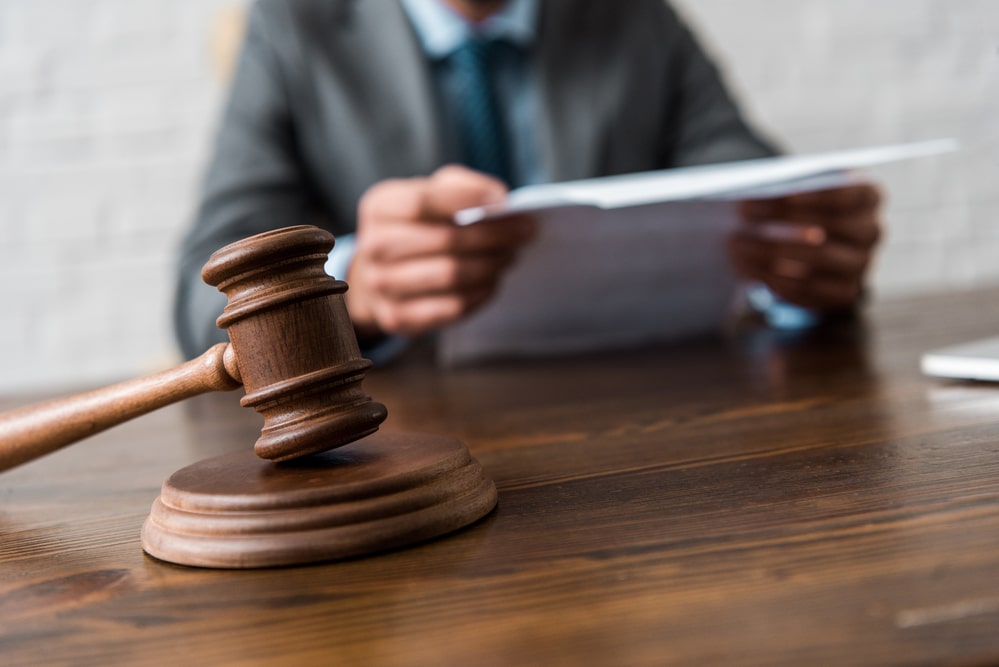
Establishing Guardianship
Protecting Those Who Can’t Protect Themselves
One of the lesser-known but highly important functions of probate court in hearings is determining guardianship for minors or incapacitated adults.
For minors, guardianship hearings are held when:
- Both parents are deceased
- The child inherits property
- A parent is found unfit due to abuse, addiction, or criminal behavior
For adults, the court may assign a guardian if someone is deemed mentally or physically unable to care for themselves.
These hearings are evidence-based and often include medical testimony, evaluations, and witness statements. The court’s priority is always the best interest of the person who needs protection.
Mental Competency and Conservatorship
Ensuring Responsible Decision-Making
Sometimes, the court needs to evaluate whether someone is mentally competent to make decisions. If not, a conservator is appointed to manage finances or health care choices.
Hearings often involve:
- Medical reports
- Family testimony
- Evaluations by experts
Judges use this evidence to determine whether conservatorship is necessary. Again, the court plays a protective role—not just for finances, but for people’s dignity.
This adds another layer to the functions of probate court in hearings, demonstrating its wide reach and responsibility.
Trust Litigation and Court Supervision
When Trusts Become Disputed
Trusts are often created to avoid probate—but that doesn’t mean they’re immune to conflict. When a trustee mishandles funds or beneficiaries challenge the terms, probate court may step in.
These trust hearings involve:
- Document review
- Financial auditing
- Legal testimony
- Dispute resolution
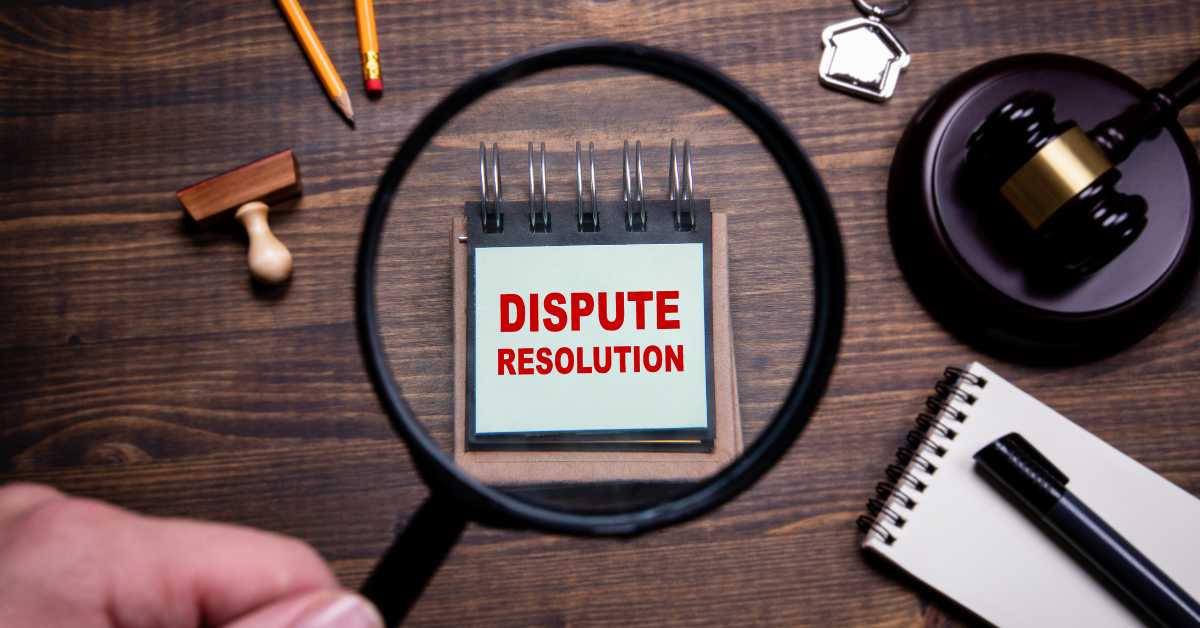
The court ensures that trustees meet their obligations and that beneficiaries are treated fairly. Trust litigation highlights the probate court’s flexibility and its importance even outside traditional estate cases.
Understanding this shows how broad the functions of probate court in hearings truly are.
Final Thoughts: Understanding Functions of Probate Court in Hearings
Probate court isn’t just about wills and paperwork—it’s about people, legacy, and legal order. Whether you’re validating a will, settling debts, appointing guardians, or resolving disputes, the court ensures the process stays legal and fair.
Learning the functions of probate court in hearings can ease anxiety and equip you to handle your responsibilities effectively. Knowledge is power, and in probate, it’s also protection—for yourself, your family, and the legacy left behind.
Approach the process informed, and if you feel lost, don’t hesitate to consult a probate attorney. They can help you make sense of the rules—and avoid costly mistakes.



